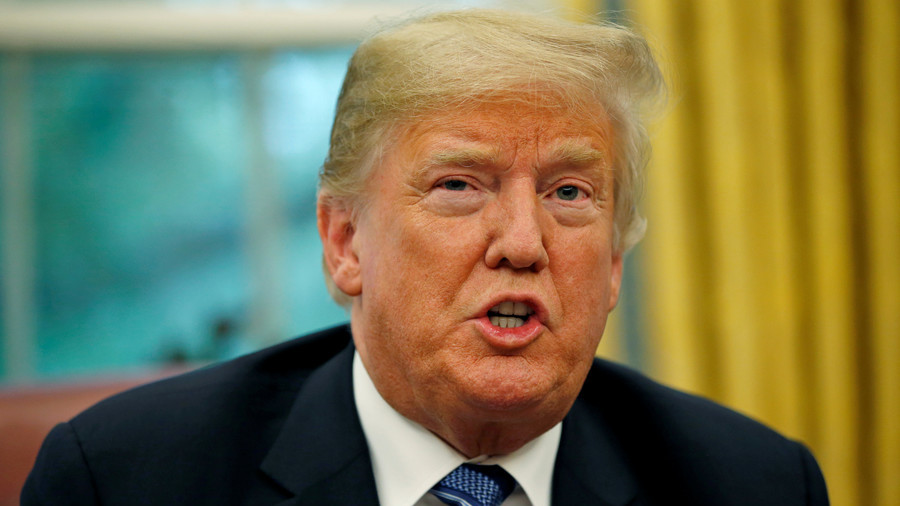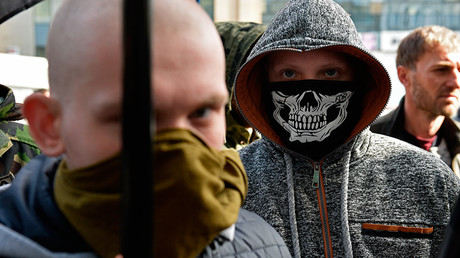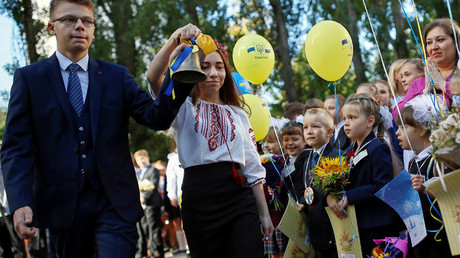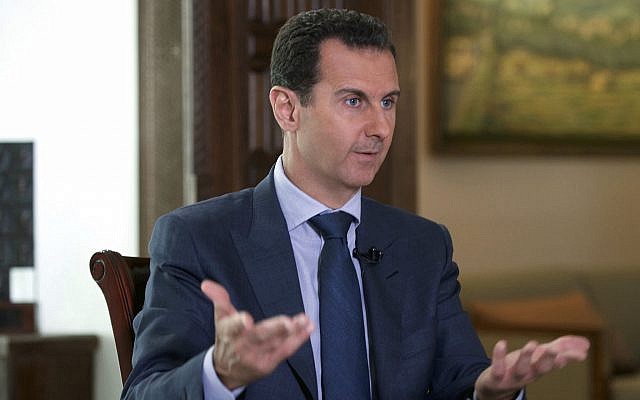There
is one thing that Israel fears more than anything else in Syria. The
loss of its ability to fly its F-16’s with impunity and hit whatever
targets it wants claiming defensive measures to stop Iran, their
existential enemy.
Israel
finally admitted to carrying out over 200 such missions over the past
18 months, only a few of which ever made any kind of international
media, recently.
And
with the sneak attack on Latakia which involved using a Russian IL-20
ELINT war plane as radar cover Israel has now not only raised the stakes
to an unacceptable level, it has also ensured that this may be the last
such aerial assault it will ever be able to carry out.
The
setup is pretty clear. Israel and France coordinated an attack on
multiple targets within Syria without US involvement but with absolute
US knowledge of the operation to provoke Russia into going off
half-cocked by attacking the inconsequential French frigate which
assisted Israel’s air attack.
That
would constitute an attack on a NATO member state and require a
response from NATO, thereby getting the exact escalation needed to
continue the war in Syria indefinitely and touch off WWIII.
This
neatly bypasses any objections to a wider conflict by President Trump
who would have to respond militarily to a Russian attack on a NATO ally.
It also would reassert NATO’s necessity in the public dialogue, further
marginalizing Trump’s attacks on it and any perceived drive of his for
peace.
That this took place within the 60 days window of the mid-term elections should also not be discounted.
This
attack took place just hours after Presidents Erdogan and Putin
negotiated a ‘peaceful’ settlement for Idlib province by declaring a
De-Militarized Zone (DMZ) 15-20 kilometers wide which everyone,
including Erdogan’s pets Jabhat al-Nusra would have to abide by.
Peace was breaking out in Syria and Israel and the war-hawks in D.C. weren’t standing for that.
By conducting this attack like this Israel and the NATO crowd figured it would be a win/win for them.
If Russia strikes back at France, then NATO invokes Article 5 and they get their wider war.
If
Russia doesn’t strike back Putin loses face within Russia, his
popularity drops 5 points and John Bolton begins salivating at the
prospect of regime change in Russia. Yes, they are that insane.
It
was a neat piece of geopolitical maneuvering, almost judo-like. Russia
and Syria looked to be on the verge of victory, extending themselves in a
major conflict that would result in months of bad press. We were
expecting a possible false-flag chemical weapons attack, cries of
humanitarian crisis and all the rest of the tired virtue-signaling we
can expect by US ‘diplomatic’ officials that has been all too common
even under Trump.
What
we got was the opposite, a carefully-crafted assault on Russian
military forces wherein Russia’s vaunted air-defense systems would be
blamed for its own people’s deaths and a mistaken counter-attack that
justifies the “Putin is a Vile War-Monger” narrative to justify a US
invasion of Syria which has been held in amber since 2013 and Putin’s
skillful defusing that situation via diplomatic means.
For
once, this almost looked like a well-thought out plan. Not the usual
ham-fisted crudities we’ve been treated to over the last few years. But,
here’s the rub.
It didn’t work.
By
naming names and immediately not responding militarily during the ‘fog
of war’ Russia and Putin again prove to be more skilled at this than
their adversaries.
Because
none of what I just outlined will come to pass. And France, Israel and
the US will be the ones to lose face here. And with Israel betraying
Putin’s forbearance after April’s air strikes on Damascus, he will have
no choice but to upgrade Syria’s air defense systems from S-200’s to
S-300’s and possibly S-400’s.
This
is Israel’s worst nightmare. A situation where any aerial assault on
targets within Syria would be suicide missions, puncturing the myth of
the Israeli air force’s superiority and shifting the delicate balance of
power in Syria decidedly against them.
This
is why Prime Minister Benjamin Netanyahu worked Putin so hard over the
last two years. But, this incident wipes that slate clean. This was a
cynical betrayal of Putin’s trust and patience. And Israel will now pay
the price for their miscalculation.
Giving
Syria S-300’s does not avenge the fifteen dead Russian soldiers. Putin
will have to respond to that in a more concrete way to appease the
hardliners in his government and at home. His patience and seeming
passivity are being pushed to their limit politically. This is, after
all, a side benefit to all of this for the neoconservative and globalist
hawks in D.C., Europe and Tel Aviv.
But,
the real loss here for Israel will be Russia instituting a no-fly zone
over western Syria. Any less response from Putin will be seized upon by
and the situation will escalate from here. So, Putin has to deploy
S-300’s here. And once that happens, the real solution to Syria begins
in earnest.
Because
at that point it will be the US’s move to flat-out invade without
provocation, now that a solution is in place in Syria between Russia and
a NATO member, Turkey.
The
only good news in all of this is that US forces were not involved. This
still tells me that Trump and Mattis are still in charge of their chain
of command and that other forces are conspiring to drag them into a
conflict no one in their right minds wants.
Latest news:


























 Liberteon
Liberteon